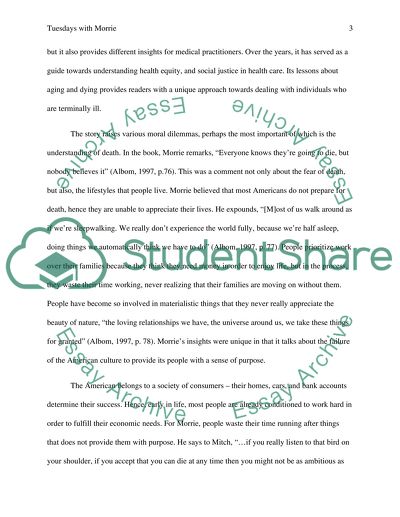Cite this document
(“Medical Ethics and Recognizing the Higher Faculties of Humans Assignment”, n.d.)
Retrieved from https://studentshare.org/nursing/1438149-medical-ethics-and-recognizing-the-higher-faculties-of-humans
Retrieved from https://studentshare.org/nursing/1438149-medical-ethics-and-recognizing-the-higher-faculties-of-humans
(Medical Ethics and Recognizing the Higher Faculties of Humans Assignment)
https://studentshare.org/nursing/1438149-medical-ethics-and-recognizing-the-higher-faculties-of-humans.
https://studentshare.org/nursing/1438149-medical-ethics-and-recognizing-the-higher-faculties-of-humans.
“Medical Ethics and Recognizing the Higher Faculties of Humans Assignment”, n.d. https://studentshare.org/nursing/1438149-medical-ethics-and-recognizing-the-higher-faculties-of-humans.


